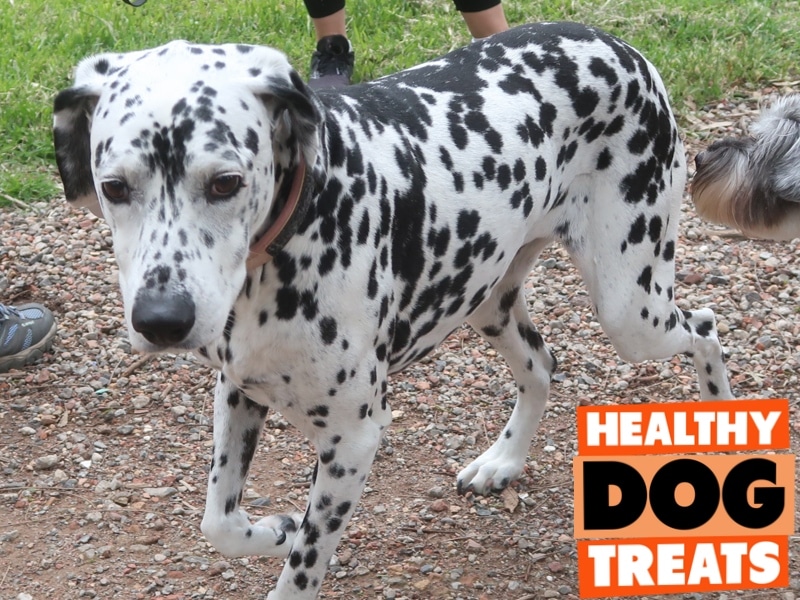Domestic Dogs found to have a voluntary “unselfish kindness” behaviour that is rare in the animal kingdom.

The more I walk with dogs off lead as a pro dog walker, get to know their familiar behaviours, and their quirks, the more that these kinds of studies reinforce my knowing of the wonder of dogs.
That is, if you are around dogs enough, and are a dog lover, a dog observer, you will have seen some pretty amazing things over your time. But to read the results of these kinds of experiments in dog behaviour, that have them show more human like abilities than most other animals on the planet is truly remarkable.
What we are talking about is an experiment in 2015 that verified that domestic dogs are one of a very rare group of animals that show a voluntary “unselfish kindness” towards others without any reward on offer.
What makes this even more remarkable, is that the experiment at its core involved a dog giving away FOOD to another dog – in what some would claim to be an expression of compassion or ‘love’.
WHY unselfish behaviour is important in dogs (and humans)
“Other-regarding preferences are considered to be the foundation of human cooperation.” Ref 1 and in fact ‘other regarding’ behaviours (for no reward) have been very difficult to prove for many primate species – suggesting that it might not have anything to do with our branch on the evolutionary tree.
In fact, for many animals species, scientists have been trying to find a “link between phylogenetic relatedness and pro-sociality.” ref 1
What the scientists were able to show is that “dogs can behave pro-socially by donating food to a conspecific partner, but only if the partner is familiar. This highlights the importance of considering the social relationships between individuals when testing animals for other-regarding behaviours. Moreover, by including a social control condition, we show that the dogs’ prosocial response was not due to a simple social facilitation effect.” Ref 1
In practical terms this means a dog’s personal sacrifice WAS a genuine feeling towards a dog they know. Not to random dogs, and not a part of their own selfish survival trait (keeping food). They gave food away because they genuinely liked a familiar dog, MORE than food, in that moment,
To reiterate: “Compared to the rest of the animal kingdom, human large-scale cooperation is exceptional and considered to be at the origin of our (HUMAN KIND) unusual cognition, technology and culture. One of the prerequisites required for such cooperation is thought to be other-regarding preferences between individuals Pro-social behaviors, or other-regarding preferences, are defined as voluntary actions that benefit others.” ref 1
All of this suggests that the domestication process, that had dogs CHOOSE to partner with humans for survival, had them bring something else unique to the partnership.
How the DOG experiment worked

“Moreover, the similar extinction rate of giving across the three control conditions confirms that dogs understood that the food was inaccessible to both themselves and the partner in all three situations. It hence provides a good baseline measure of dogs’ unrewarded pulling inclination, allowing us to compare it to conditions in which a reward was delivered to the partner. Interestingly, donors extended their usual extinction rate of giving when paired with a familiar receiver and, on the contrary, inhibited their tendency to pull the giving tray when a stranger dog received the food.” Ref 1
CONCLUSION
It seems the more we think of experiments to test the limits or the nature of companion dogs, the more we get surprised by their unique place in the animal kingdom – or at least having the best natures of humans.
The fact that dogs act on instinct and are generally good natured (once they overcome common animal fears – usually through extensive socialisation) – bodes well for models of all dogs, and even humans that have been in isolation.
This experiment was very limited in what it was designed to test, but the results were profound.
Considering that at the core nature of the dogs tested, that they willingly gave food to friends without selfish thoughts about themselves or their own or future needs. Many of the ills of human society could be conquered if we had such human connection and cooperation, even if just within our own families.
REFERENCE
Ref 1 Familiarity affects other-regarding preferences in pet dogs. Mylene Quervel-Chaumette et al, Scientific Reports volume 5, Article number: 18102 (2016)


